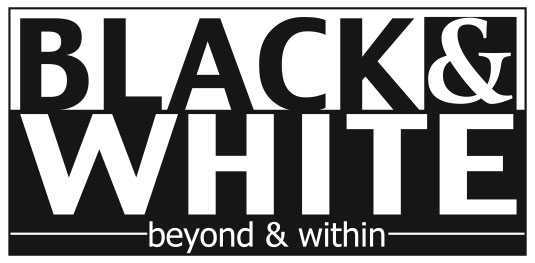By Anil Wadhwa
Tensions in the Gulf have escalated significantly after the US pull out of the Joint Comprehensive Plan of Action (JCPOA). The US accelerated the dispatch of an aircraft carrier, evacuated non- essential personnel at US embassies and Consulates in Iraq, floated the idea of military options against Iran involving 120,000 soldiers as well as cyber-attacks to shut down the Iranian power grid, and moved B 52 bombers and patriot missiles to the region, citing unspecified threats from Iran that have been disputed even by some aligned to the United States.
Mysterious sabotage attacks on several oil tankers (at least two belonged to Saudi Arabia) off the coast of UAE in the sensitive gulf, and drone strikes on two Saudi crude oil pumping stations claimed by Houthi rebels have added to the tensions resulting in the US also conducting large scale exercises in the Arabian Sea.
At the time of writing this column, Saudi Arabia has called for emergency regional talks – inviting Gulf leaders and Arab league members states to two emergency Summits in Mecca on May 30 to discuss recent “aggressions and their consequences”.
For these meetings to have a successful outcome, countries of the region will have to come together in the interest of peace and stability. Saudi Arabia and the UAE are still not reconciled to the Qatari stance or offers on various issues, and their economic blockades vis and vis Qatar continue. They also have an ongoing dispute and tensions with Iran over its alleged support for Houthi rebels in Yemen, propping up Qatar, aiding and supporting Hezbollah in Lebanon, as well as support for Basher Al Assad in Syria and rival groups in Iraq.
Their decision to support the further bombing of Yemen in retaliation with collateral damage to the hapless civilian population, and supporting a fight on the border with Oman has further added to regional complications.
There is a convergence of interest in gulf states like Saudi Arabia and the UAE with Israel to ensure that Iran is subdued and the United States is now convinced that Iran needs to negotiate a “better” nuclear deal without “loopholes”. The US efforts have also been on for a while for regime change in Iran.
Recently, however, both Saudi Arabia and Iran have issued statements saying they do not want war but were ready to defend themselves, offering a ray of hope.
Iran is aware of the pressures it faces domestically, and the might of US sanctions. Hence, while it has declared that it will not abide by some of its obligations under the JCPOA, it has so far tried to avoid harming US interests in the region. It has also denied any involvement with the recent sabotage incidents and drone attacks involving Saudi oil interests. But, if not handled carefully, the stage is set for a dangerous escalation, which will engulf other countries, business, navigation, overflights, and ordinary people living peacefully in the Gulf and earning their livelihood. Omani authorities have always wisely advocated the diplomatic solution to deescalate tensions.
The recent offer by Oman to mediate between US and Iran is sensible. His Majesty Sultan Qaboos has made a special effort to meet with Israeli PM Netanyahu and his entourage, leading, no doubt, to a better understand of the compulsions and enhancing to potential ability of Oman to help. Any de-escalation however, will require concessions on the part of both the USA and others opposed to Iran in the region as well as Iran itself. No side can, or should, stick to their old wish list any longer. The fate of many human beings is at stake.

0 Comments